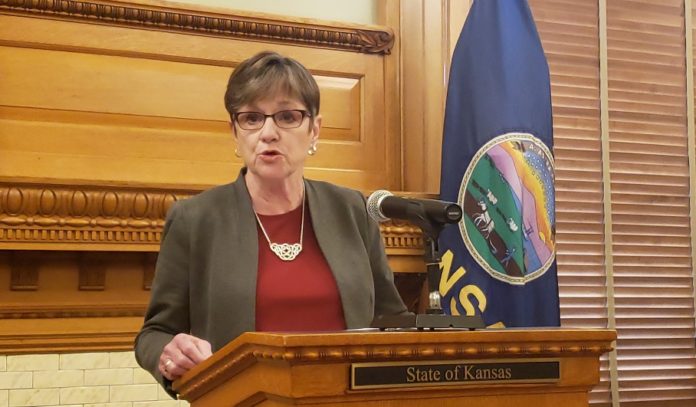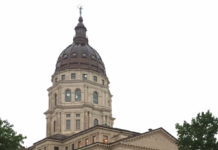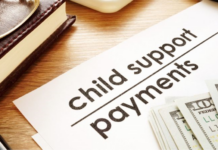Gov. Laura Kelly on Wednesday morning announced her support for a bipartisan plan that would settle differences with a Republican-controlled Legislature over how the state should respond to the coronavirus pandemic.
“I will support this bipartisan bill that was created with input from Republicans, Democrats, and stakeholders that I believe will provide the framework our state needs as we continue on the path to recovery,” Kelly said in a statement,
“To be clear, there are parts of this bill that I do not support. However, my priority is and will always be the interests of Kansans first.
“I believe that the majority of this legislation accomplishes that and upholds my commitment to work across the aisle to move our state forward.”
Kelly did not details the parts of the plan that she opposed.
Kelly’s comments came at the start of a special session to address legislation that she vetoed that would limit her emergency powers.
Here’s a side-by-side comparison of the new proposal to the bill that the governor vetoed last week.
In short, here are some of the things the proposed bill would do:
- Would require the State Finance Council to approve the spending of federal coronavirus relief funding with a simple majority. The governor’s administration can recommend how to spend the money but with legislative oversight.
- Ratifies, continues and extends the governor’s emergency declaration issued on March 12 through Sept. 15 of this year.
- The State Finance Council would need to approve any new state of disaster emergency declaration related to COVID-19 through 2020.
- After Sept. 15, the governor would need State Finance Council approval to extend an emergency declaration for specified periods not to exceed 30 days. No extension can go beyond Jan. 26, 2021.
- The governor may not order the closure of any business or commercial activity for more than 15 days starting on or after Sept. 15 during an emergency declaration.
- The governor would be required to consult with the State Finance Council at least 24 hours before ordering businesses to close.
- The governor would be required to ask the State Finance Council for permission to order the closure of businesses for specified periods of not more than 30 days after the first 15 days lapsed. Approval would need six votes on the council.
- Authorizes counties to adopt public health orders that are less rigorous than a statewide order, but must make certain findings first.
- The Board of County Commissioners can review, amend or revoke any order issued by the county health officer.
- The state Board of Education would need to approve a governor’s order to close schools.
- The bill would provide lawsuit immunity to all health care providers, excluding nursing homes, from claims alleging substandard care for treatment of COVID-19 patients, with gross negligence as an exception.
- Nursing homes would be given an affirmative defense to liability in a civil action for damages, administrative fines and penalties for claims stemming from exposure to COVID-19 under certain conditions.
- The legislation also would protect manufacturers and sellers of personal protection equipment from product liability lawsuits if they provided the product at the direction of the governor or state emergency management officials, unless they knew the product was defective and ignored the risk it would hurt someone.
















